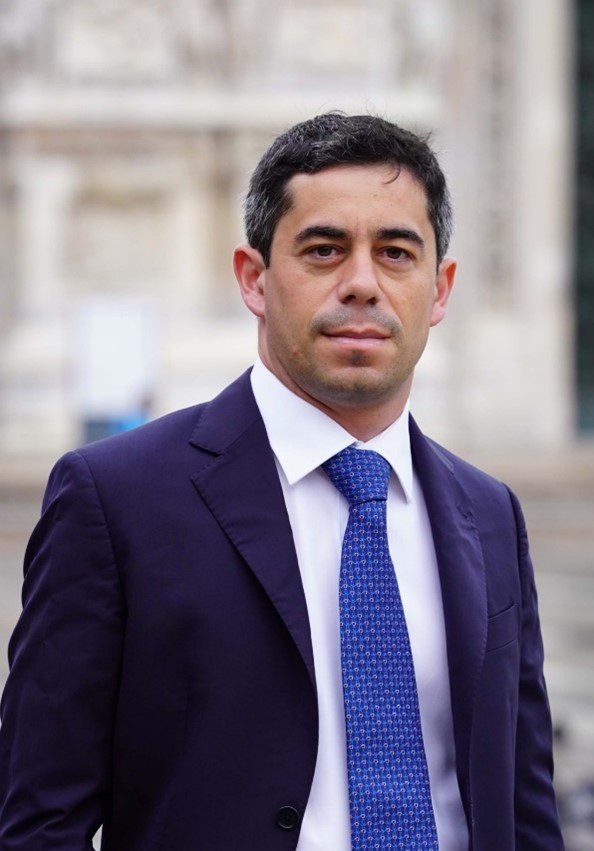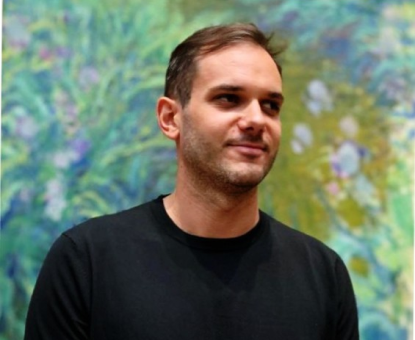

Three
questions to our CFO – by Alessandro Santo
I asked
three questions to Franco Colombo, the NOVA-MBA Association CFO.
He is an
UCLA Anderson MBA 1994 and spent almost forty years working in Corporate
Finance, mainly for the Group CIBA / Novartis / Alcon. He held, among others,
positions such as Global CFO CIBA-Vision (Atlanta, GA), CFO Italy Novartis
(Milano, Italy), CFO Latin America and Canada Novartis (Miami, FL), and CFO
EMEA Alcon (Geneva, Switzerland).
Here is
what he told me.
Looking
back at your professional journey as CFO, what were some pivotal moments or
decisions that significantly influenced your career path?
I started
working as an accountant, transitioned to finance planning & analysis and,
after seven years in Italy, took my first assignment abroad that resulted in a
long international career as CFO of large multinational companies.
I would
list as important elements:
·
I
was lucky to enter a company where meritocracy and people development were as
important as financial results. I am convinced that the first two contribute to
achieving the latter;
·
Working
and living abroad opened my mind, exposing me deeply to different cultures and
providing more visibility and experience;
·
While
abroad, I got my Executive MBA at UCLA Anderson, which equipped me better to do
my job while strengthening my self-assurance;
·
Managing
people, first in person and subsequently remotely when responsible for larger
organizations, allowed me to grow through growing my team.
In your
view, how has the role of the CFO evolved over the past few years, especially
in global organizations?
The biggest
change, in my opinion, is the change from business scorekeeper to business
co-pilot. In my early days, the CFO spent most of the time—I would say
80%—providing a true and fair view of the business. This has not gone away; on
the contrary, stronger internal controls have been introduced after cases like
Enron and Parmalat. The "business" was getting only 20% of the CFO's
time, and it was left to the "businesspeople." In other words, the
CFO was mainly looking into the rearview mirror and only from time to time
looking ahead.
This is
reversed now: not only have better systems and processes sped up the accounting
close enormously, but the focus is now on how we WILL close the month, the
quarter, the year. Today CFOs have a fairly good idea of what the result will
be because they have a range of possible outcomes based on risks and
opportunities weighted by their probability of materializing.
Now CFOs
look ahead 80% of the time; the remaining 20% is spent checking variances of
actual versus forecast to determine if anything in their model needs to be
adjusted. This way of working is only possible if the CFOs are fully immersed
in the business: every finance person is now a "business person."
What
advice would you give to young professionals and MBA alumni who aspire to a CFO
role in an international setting?
Ensure your
base is solid—some accounting knowledge is extremely beneficial. You need to be
able to read the three statements (P&L, BS, CF) and understand how these
interact.
If you want
to remain based in your country, have at least an international experience
early in your career, when family obligations are easier to handle. If you can,
do not limit yourself geographically but go to work and live where the jobs
are—you will have many more opportunities.
I
personally would target large global companies which have operations everywhere
and provide more chance of development. Make sure to pass through their global
headquarters; there are functions that are only performed there. You will learn
a lot. It comes potentially with more stress, as large corporations merge, spin
off, and lay off more often. Eventually, it will touch you personally.
Have an
insatiable curiosity about how the business works. Get out of your office,
visit the countries, ride with the salespeople, and speak with the customers. I
love it when, during a call, one cannot tell who is "finance" and who
is "business," as everybody shows a deep understanding of the
company's activity.
Maintain a
strong network with your MBA colleagues, inside the companies where you work,
and with other finance professionals in your industry.
Recent Post
Copyright © 2026, NOVA - Italian MBA Association
Website Designed and developed by Theme Nepal

.jpg )



